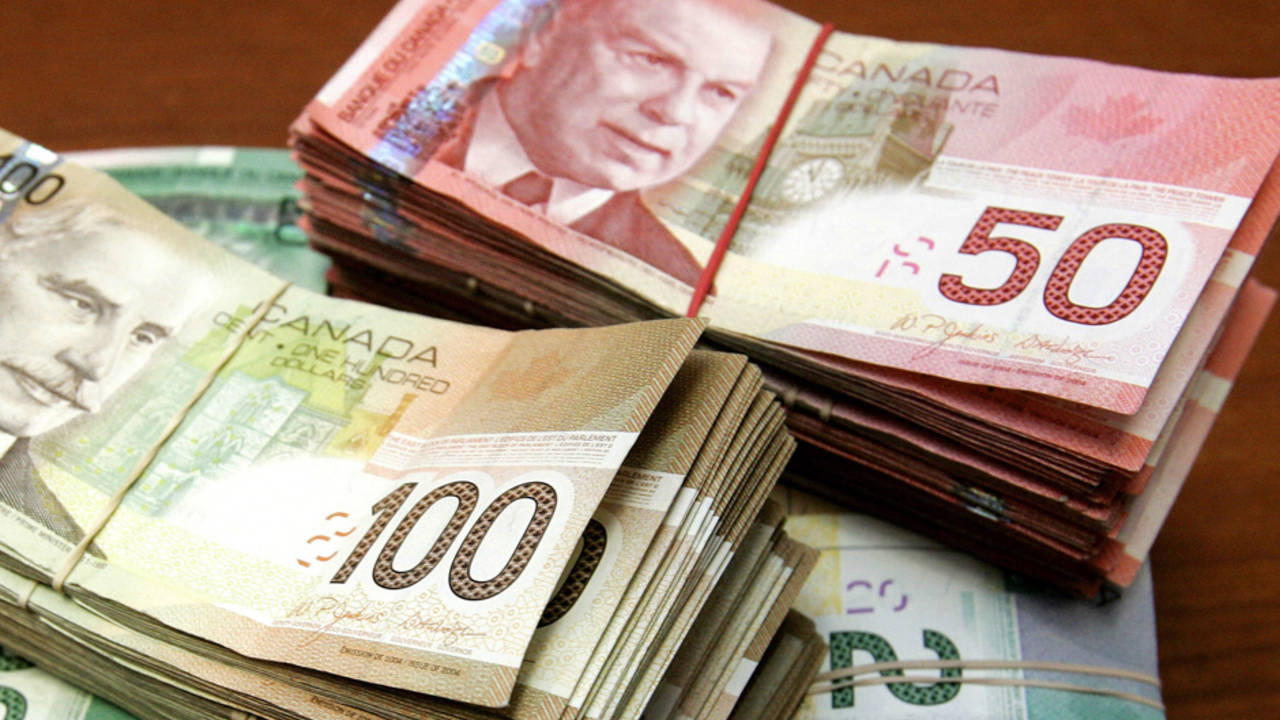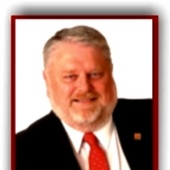Guns and Butter Theory of Economics For
Canadians
The true definition of the guns and butter theory in economics is directed at how a country/society handles it's spending.
A classic model of the production possibility curve by using the relationship between "guns", or military spending, and "butter", or food supplies, in a nation's expenditures, in order to demonstrate that the increase of one relies on the decrease of the other.
To an individual it relates to your own individual financial management and financial goals. To an individual "Guns" defines assets that appreciate or increase in value such as real estate and investments. "Butter" defines deprecating assets such as furniture, vehicles etc. The theory is if you stick to your "Guns" in your younger years you will have all the money you require for "Butter" items when you get older.
To an individual it relates to your own individual financial management and financial goals. To an individual "Guns" defines assets that appreciate or increase in value such as real estate and investments. "Butter" defines deprecating assets such as furniture, vehicles etc. The theory is if you stick to your "Guns" in your younger years you will have all the money you require for "Butter" items when you get older.
As a young person the adults around me knew little about sound financial management mostly living from pay cheque to pay cheque as most of us do today. I also believe "The system" as we like to call it is by default or design a model that if we follow will keep us poor our whole life. Most of us will never get over that financial hurdle to have peace of mind or feel financially secure. Our educational system does little to prepare our children in the way of financial literacy for their adult life. Our financial institutions make depreciating assets much easier to buy than appreciating assets. Any young person with a good job can get 100% financing to buy a new car or truck while our banks aren't allowed to do 100% financing for a home. Our legal system is designed so the only winners in a court case are the lawyers. It seems that we are like sheep herded from one pen to another to be sheared by a system designed to keep us poor. Our democratic government has grown at 3 levels to the point we really only live in a democracy as long as we do as we are told.
I accept that the system is what it is. It has evolved over the years in government and industry to grab as much of our hard earned money as possible. In my opinion the only way to work around the system legally is to apply the "Guns" and "Butter" principle to your own finances. At the end of the day it's not what you make but what you keep that counts.
So how do we do that ? Just a reminder here I am no financial adviser so my opinions are just that "My Opinions"!
Firstly the greatest money maker you have is time. So it is important to acquire appreciating assets as early in your working career as possible. Appreciating assets increase in value over time. So you want time working for you. Certain assets are subject to capital gains tax and certain assets are exempt.
The first asset to try and buy is your home. The government does not make you pay tax on the sale of your principle residence. The old adage buy low and sell high always applies when investing. Right now Nova Scotia has gone through a 10 year buyers market with home prices lower than we may ever see them again. The previous 10 years prior to 2008 home prices doubled. Home prices have been artificially depressed by governments tight credit policies and a demographic shift in the population. That is about to change with demand and prices increasing over the next 10 years.
Owning your own home is something we all desire. To live where we want to live. To raise a family where we want to raise a family and be content with our lives. On top of all that in most cases your home is your largest single purchase and your largest appreciating asset making it your most important financial asset. As you pay your mortgage down the equity in your home increases and as home values go up (Appreciation) The value of your home increases. You could conceivably buy a home today for $200,000 and 25 years later when your mortgage is paid off your home could easily be worth $500,000 or more and under today's tax practice's that gain would not be taxable. Ask yourself this question how many hours would you have to work to have that much money tax free? If you were in a 30% tax bracket you would have to gross $650,000 to net $500,000 if you made $30 per hour you would have to work 21,666.67 hours or (541.67 40 hour) weeks or 10.42 years. Do you see how time by just owning a home can be one of the smartest investments you can make especially since your gain isn't taxable.
RRSP's are something we hear a lot about. Although we get a tax credit when investing RRSP's are basically layaway for the government because you are taxed when you cash them in. Remember it's not what you make but what you keep that counts. The theory is your income will be lower once retired and the tax portion won't be as high. Well if you have any kind of a pension plan at work you can pretty much count of splitting that RRSP nest egg with the government. At this time I think it's important to look at a tax free savings account. This can be an investment account and my understanding is any gain in those investments is tax free. You can set up a tax free investment account with your bank (Self directed) and if you are risk adverse just buy bank stock. Canadian bank stocks have doubled in value every 5 to 7 years since stock markets came to be. Let us say you stuck to your "Guns" and had $35,000 worth of Banks Stocks in your tax free savings account by the time you are 30 years old. Then you forgot about it for 35 years until you retired at 65 years of age. So 35 years divide by 7 (worst case scenario) = doubling 5 times.1/$35,000x2=$70,000 2/ $70,000 x 2=$140,000 3/$140,000 x 2=$280,000 4/ $280,000 x 2= $560,000 5/ $560,000x2= $1,120,000 You would have one million one hundred and twenty thousand dollars worth of bank stock you could cash in tax free upon retirement. It would actually be more because banks pay pretty good dividends.
I often tell people I have 40 years of mistakes in business and over coming those mistakes under my belt. In my younger years we had or were programmed to trust professionals who were supposed to care about their clients. That hasn't been my experience so I've learned to do my own research and trust no one. I wish I had learned that earlier in my career. You work hard for your money and deserve to keep as much of it as possible. Tax evasion is illegal tax avoidance is not. The system is designed and programmed by money hungry wasteful governments and profit hungry corporations to grab as much of your hard earned money as possible. Your best defense is to accept that reality and apply the "Guns" and "Butter" theory to your own personal finances so you (over your life time) will have some hope for financial security. The key is to start early in life.
In closing my opinions are based on my experience. Government is continually changing our tax rules and what works today could change tomorrow. Advice from a competent professional that cares can be invaluable . The term a needle in a haystack comes to mind. That's my rant for this month. Have a wonderful fall and good luck with your investments.
Larry


Comments(0)